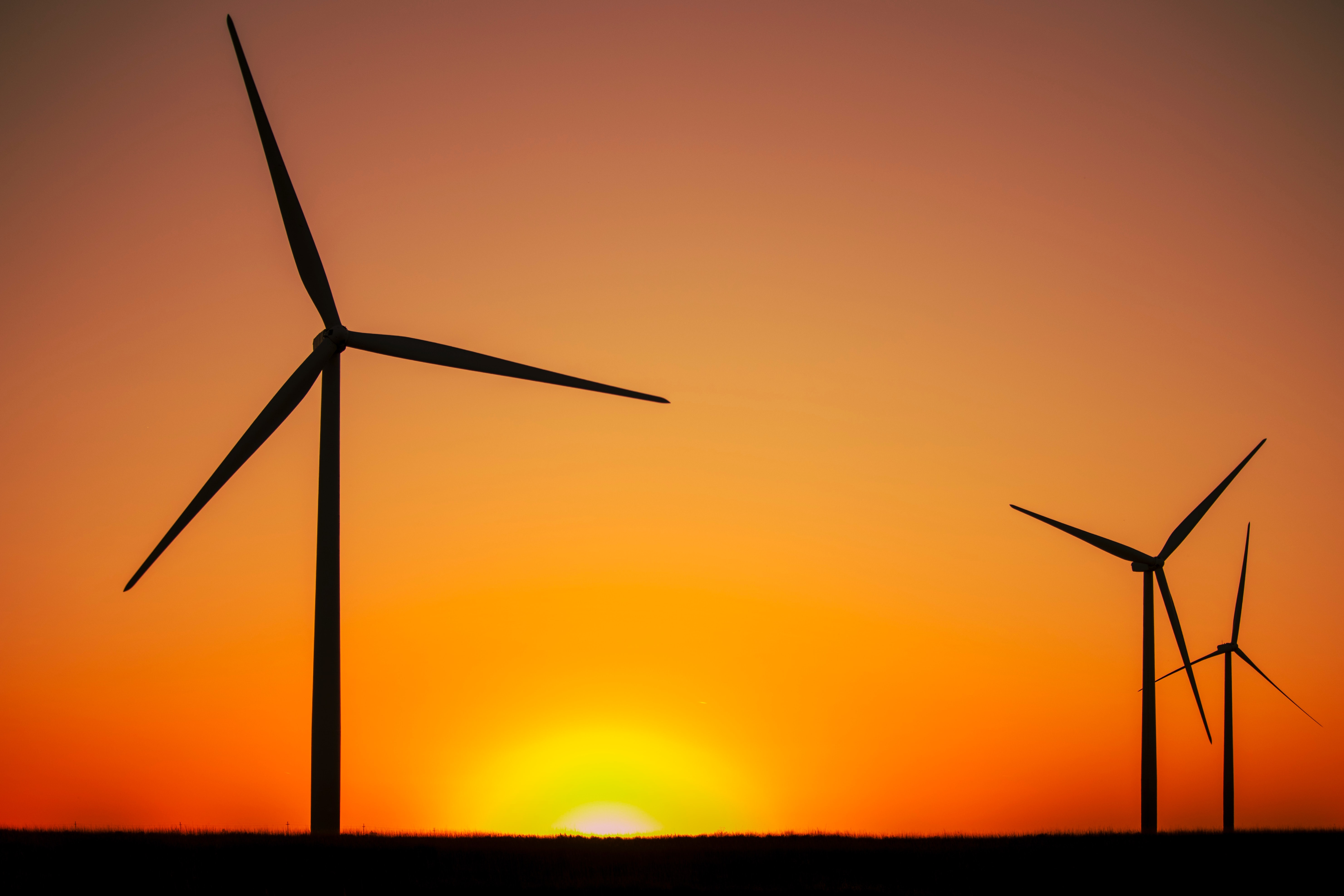What is carbon offsetting?
Carbon offsetting, a term that everyone has heard at least once, but how does it work and who has the duty to offset their carbon?
Two carbon offset systems, why?
Carbon offsetting is the possibility for a country, a company or an individual to balance or even neutralize its CO2 emissions by financing specific programs for offsetting or sequestering CO2 emissions in different regions of the world. The principle: the impacts of a ton of carbon emitted somewhere can be neutralized somewhere else, and thus contribute to slow down global warming.
Understanding the principle of carbon offsetting allows everyone to act for a cleaner and more sustainable world.
Depending on the status of the entity (professional, individual or community), two systems can be put in place to offset its carbon emissions.
These two systems depend on the targeted public and will give right to different obligations to provide. Indeed, if individuals, communities and small companies do not have obligations related to carbon offsetting, large groups are legally obliged to do so.
- First of all, there is a system put in place with the Kyoto Protocol. This protocol commits the signatory states and their large companies to contribute to the reduction of greenhouse gas emissions. In short, the signatory states and their companies commit to financing greenhouse gas emission reduction projects abroad. In exchange for this financing, the countries receive carbon credits. These credits give a “right to pollute”, these rights are certified by the UN (1 carbon credit is the equivalent of one ton of CO2).
- The second market set up is that of voluntary offsets. Here, it is a system intended for all other actors who want to offset (individuals, local authorities or even SMEs), but who are not obliged to do so. The risk with this system is that, unlike the system set up under the Kyoto Protocol, there is no regulatory authority, so the companies offering these services provide extremely variable guarantees.
How do these systems work?
As an SME, it is possible to use an association or a company whose mission is to collectively reduce emissions. Thus, thanks to labels such as Gold Standard, it is possible to choose a company or an association that guarantees buyers that their emissions are compensated.
These companies or associations act in several sectors, such as the forestry sector (for example by planting trees or protecting forests) or investment in renewable energy.
Generally, these projects are carried out in developing countries.
To ensure that this company or association complies with the conditions of the voluntary market, it is necessary to ensure that the project is :
- – “Additional“, that is, it could not have been done without this funding;
– Able to measure the amount of CO2 not emitted;
– Able to prove that these emissions are avoided or captured;
– Guarantees the uniqueness of carbon credits (one credit = 1 ton of CO2 avoided).
Est-il réellement intéressant de compenser son carbone ?
The question is not whether one should offset one’s carbon, but rather whether it is sufficient. Indeed, carbon offsetting has not proven to be effective in reducing greenhouse gas emissions on a sustainable basis at the global level, as companies sometimes feel less guilty about acting as a polluter, while financing green projects. Thus, carbon offsetting contradicts the necessary obligation for all to reduce their environmental impact. And it allows to continue to pollute without risking sanctions.
For this system to be effective, it must therefore be associated with a change in behavior. In particular, it has become essential for companies to make their employees aware of the need to adopt a more responsible approach at work and in their private lives.
Finally, whether carbon offsetting is a voluntary or mandatory act, the important thing is to be aware of one’s role in the ecological transition and that each eco-responsible action, however small, has its importance. Applications, dedicated websites, documentaries, press articles… multiple possibilities exist today to inform oneself about the actions to be taken in favor of the environment, and for a more sustainable world.
For more eco-responsible ideas, join the CitizenWave community.


Leave a Reply